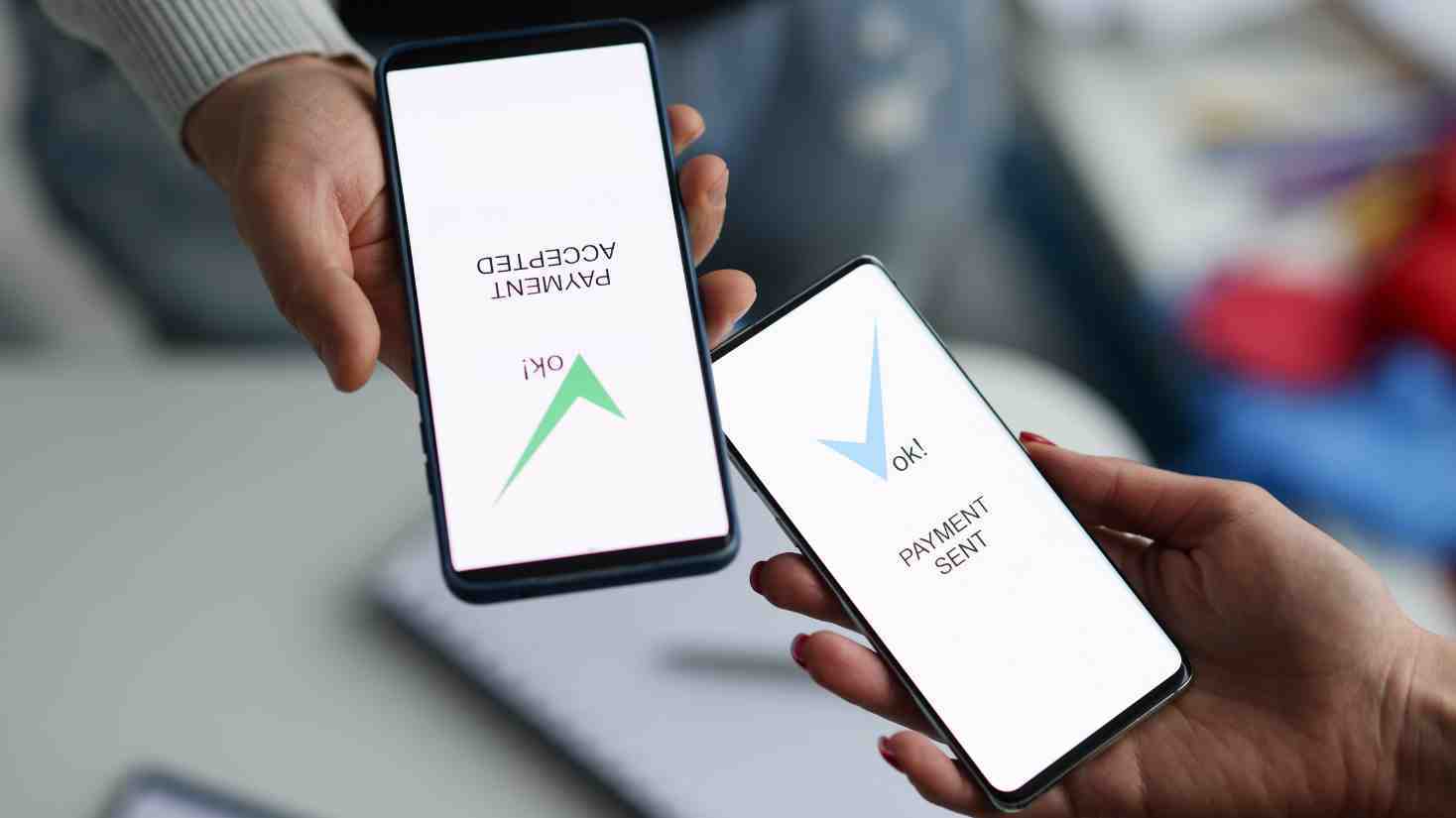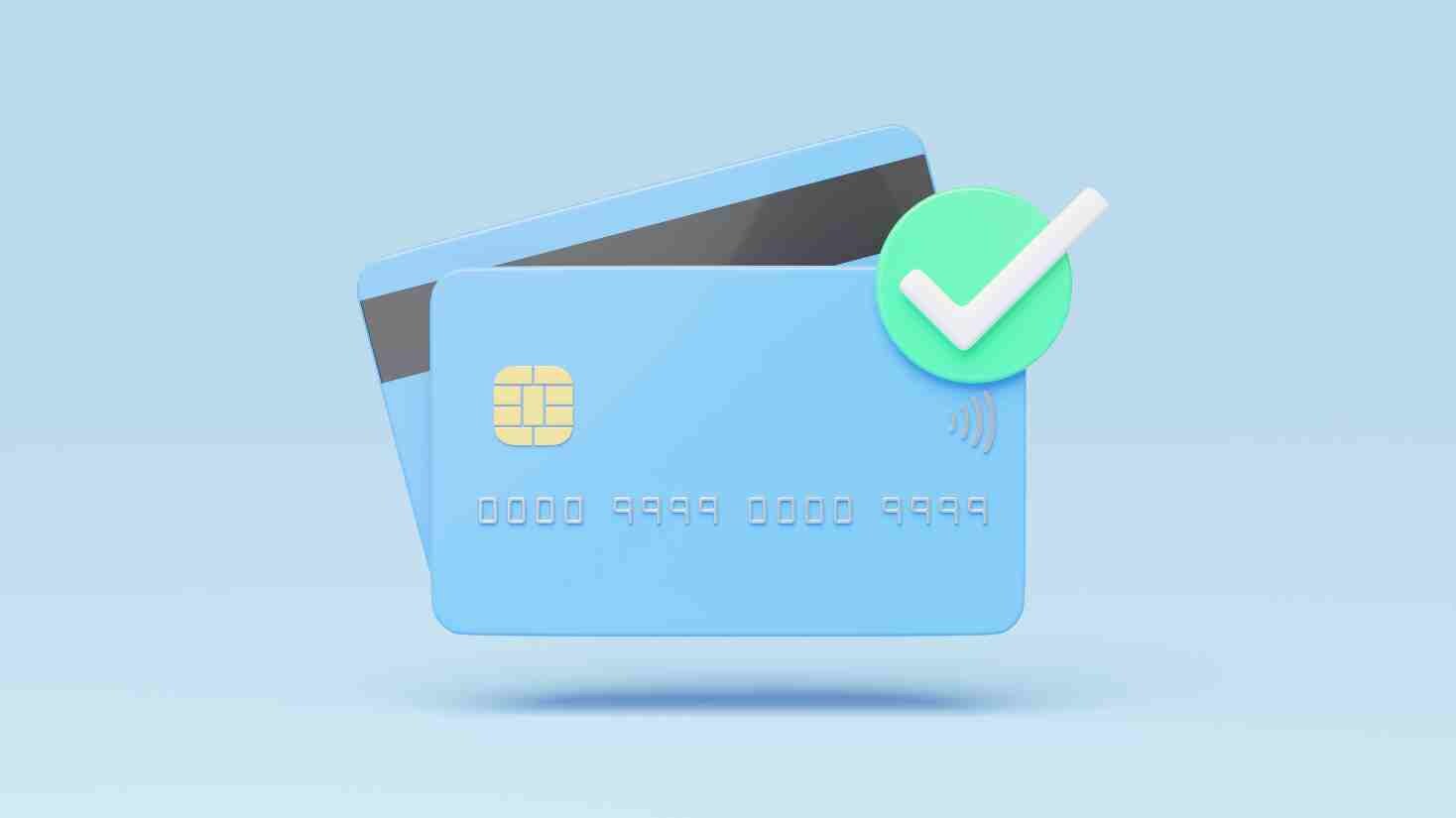Electronic transactions drive the UK economy and ensure that businesses of all sizes across the country can operate efficiently. A recent survey by UK Finance revealed that there were 48.1 billion payments made in the UK during 2023, demonstrating just how prevalent digital transactions are.
A bank transfer allows an individual or enterprise to move money from one bank account to another. This is typically achieved by transferring money online, in a bank branch or by mobile banking. Bank transfers can occur within the same bank, between different banks and to international banks.
Data from Pay.UK showed that the volume of all bank transfers in February 2025 was 5% higher than February 2024, illustrating the rise in dominance, and preference of digital payment transactions. Customers and organisations are using bank transfer functions more regularly than in previous years due to increased demand & availability as well as their reliability and accessibility.

This enables businesses to supply goods and services for their customers, and for customers to use easy and quick transaction systems. In this article, we explore the exact nature of both Bacs payments and bank transfers to clarify these transaction types.
Contents
- What is a Bacs payment?
- Which banks use Bacs?
- Is a Bacs payment the same as a bank transfer?
- Advantages of Bacs payments.
- Efficient Bacs payment services with Interbacs.
What is a Bacs payment?
A Bacs payment is facilitated by Bacs (Bankers’ Automated Clearing System). Put simply, a Bacs payment is a secure, electronic bank to bank transfer within the UK.
There are two main types of Bacs payment:
-
Direct Debit
A Direct Debit is a payment method whereby an organisation has prior agreement to withdraw an agreed amount of funds from an individual’s bank account. This is arranged with a Direct Debit mandate form which contains the payer’s essential details, such as bank account number and sort code. The customer has to complete this and thereby effectively agree to pay the organisation a certain amount in return for goods or services.
-
Direct Credit
A Direct Credit is essentially an amount that is paid by an organisation into a recipient’s bank account. This is typically a credit in the form of a salary, supplier or pension payment, or it could be used to pay a bill or make a refund.
Which banks use Bacs?
Most UK banks use Bacs facilities, so it’s likely that whichever bank your business is with, there will be options to make and receive Direct Debit or Direct Credit payments. Banks that operate within the UK, such as Barclays, HSBC, Santander and NatWest, to name a few institutions, all allow customers to use Bacs payment facilities.
But can banks see pending bacs payments?
Is a Bacs payment the same as a bank transfer?
A Bacs payment is a bank transfer. When you receive or send a Direct Debit or Direct Credit, these are both fund transfers between banks. However, there are some bank transfer methods that are not Bacs payments. Two examples are Faster Payments and CHAPS.
Faster Payments
The Faster Payments system is used to send money electronically in virtual real-time throughout the UK. This means that any money that is sent using this system is sent straight away and can be received in a short amount of time.
Launched in 2008, Faster Payments operates through online, mobile and telephone services. Funds can be moved securely between UK bank accounts around the clock, with the system renowned for its rapid fund movement facilities.
CHAPS
A CHAPS (Clearing House Automated Payment System) payment is a same-day payment system in the UK. This is generally used for high-value and time-sensitive transactions between banks.
The CHAPS system is secure and reliable for transferring funds in large value scenarios, such as a property purchase. CHAPS payments are relatively quick, but can only take place during business hours.
Advantages of Bacs payments
There are many benefits to using Bacs payments within your business, including:
- Cost efficiency: Bacs payments are typically more reasonable in terms of costs than CHAPS or Faster Payments.
- Improved cash flow management: keeping track of payments coming into your business enables you to plan cash flow with clarity and commit to achieving your business aims.
- High security: Bacs payments are safe and reliable, meaning that with the proper administration, fraudulent activity is highly unlikely to affect your organisation.
- Time savings: automation of Bacs payments reduces administrative burdens and frees your teams to focus on business priorities.
- Consistency of revenues: with scheduled customer payments by Direct Debit, you have a reliable source of income to keep daily operations running smoothly.
Efficient Bacs payment services with Interbacs
Here at Interbacs, we successfully manage Bacs payment systems for organisations across a variety of industries, from start-ups to established multinationals. With a compelling industry reputation, Interbacs are ideally positioned to support all of your business account needs and help you enhance revenue streams.
Ready to make the switch? Contact Interbacs today for a personalised consultation and discover how we can optimise your direct debit processes.
Photo © by megaflopp from Getty Images

